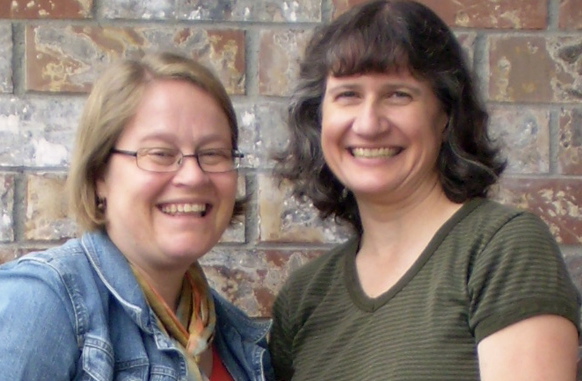 In a cross-blog post, Deanna Hershiser interviews Relief's creative nonfiction editor, Lisa Ohlen Harris.
Although my editor friend Lisa is a few years younger than I, she's wiser regarding all things literary and nonfiction. She can tell you, after reading an essay, what sort of writing this is and what one might do to make it better. I love people like her.
In a cross-blog post, Deanna Hershiser interviews Relief's creative nonfiction editor, Lisa Ohlen Harris.
Although my editor friend Lisa is a few years younger than I, she's wiser regarding all things literary and nonfiction. She can tell you, after reading an essay, what sort of writing this is and what one might do to make it better. I love people like her.
Sometimes editors edit because writing just hasn't worked well for them. Not so with Lisa. Her first book, Through the Veil, will soon be released by Canon Press. Its offerings include an essay which was listed under "Notable Essays of 2008" in Best American Essays 2009, along with two others that have made the Notable lists in volumes of Best American Spiritual Writing. Another of the book's essays was shortlisted for a Pushcart Prize and received special mention in Pushcart XXXIII.
Below are Lisa's answers to my questions about her adventures as a literary character and writerly person.
DH: First, tell us the scope of your journeying. Where all have you been? Who are your fellow life voyagers?
LOH: I met my husband-to-be on a study tour in Damascus, Syria, which is also where Through the Veil begins. We married a year and a half later in Oregon and immediately after our honeymoon we moved to Philadelphia, where Todd went to grad school at Westminster Theological Seminary. We returned to the Middle East in 1996 with our one-year-old daughter. Two more daughters were born during our years in Jordan. Since returning to the States, we’ve lived in Delaware/Maryland, Pennsylvania (where our fourth daughter was born), Texas, and finally back to Oregon, where we intend to stay. I’m grateful for the breadth of experience and culture I’ve had over the past twenty years—which gives me plenty to write about—but I’m so glad to be back home in Oregon.
DH:When did you decide you would be a writer?
I wrote my first creative essay in 2004, when we lived in Texas, and I immediately became enchanted with the idea of creating literature from life. At that point I had no idea whether I would write magazine articles or a newspaper column or what. I joined a couple of online critique groups and started to see that my writing tended toward the kind of stuff published in literary journals. It wasn’t until my work started being accepted for publication that I knew writing would be more than a hobby for me.
DH: What led you to the MFA program you're completing? How did your education enhance your essay writing?
LOH: Having an MFA enables me to teach writing at the college and graduate levels. I entered the program with a firm belief that no one needs an MFA to write well. While I still basically believe that, I’ve found that my writing has grown leaps and bounds in the past two years. For years now I’ve received helpful critique from fellow writers who are about at my same stage in the journey, but the MFA has given me the opportunity to also receive critique and direction from established writers and editors. Having these friendships is a benefit I hadn’t anticipated when I started the program .
The hurdle for me was how to make graduate school fit into my existing life. I’m in my forties and married, with four school-age children. At the time I applied for MFA programs I was also the primary caregiver for my elderly mother-in-law, who lived with us. The low-residency programs—and the Rainier Writing Workshop in particular—are designed for those who cannot relocate to a graduate school community for two or three years.
The Rainier Writing Workshop (RWW) was my first choice for several reasons. First of all, I recognized nearly every name on the nonfiction faculty listing, writers like Brenda Miller, Robin Hemley , Lia Purpura, and others. RWW’s program takes three years rather than two (with the three-year program costing about the same as a two-year program elsewhere), so MFA candidates are writing an estimated 15 hours per week rather than the 20-25 estimated for a two-year program. RWW also holds only one on-campus residency per year—in August—whereas nearly every other program has two residencies per year.
DH: You've stated that writing fiction is not for you. What is most appealing for you about creative nonfiction?
LOH: I am completely enchanted with the process of seeing life through a literary lens and uncovering the metaphors and portents and deep connective threads running through the stories that make up my life. This is a matter of aptitude as well as preference. I can see story structure in life, in thought, in rambling reflection, in imagery, and I can’t imagine ever tiring of this adventure—both the living and the writing. It’s magic to me, making life into literature, complete with the limitations granted by believability, truthfulness, and honoring those I write about.
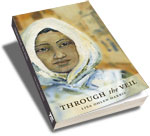 DH: Which came first, your essays or the idea for your book?
DH: Which came first, your essays or the idea for your book?
LOH: I had written only a handful of essays when I began to mine my memories of living in Damascus. The memory of a slightly alarming interaction with some Bedouin women in Damascus combined with some research about the Crusades and became my first Middle East essay, completed in December, 2005. I realized right away that this concept could become my first book. I pulled out my journals and research notes from Damascus, and for more than two years I just kept writing essays about living in Syria and Jordan, submitting finished work to literary journals all along the way. In the “Acknowledgements” page for Through the Veil I say that I learned to write by writing this book.
DH: Lately you've been teaching and editing. How do those occupations fit with your writing career?
LOH: It’s hard for me to say which I love more—writing my own essays or coaching other writers. I’m glad I don’t have to choose between the two. Both fit together in this writing life.
DH: How would someone interested in receiving one of your coaching sessions go about contacting you?
LOH: I give a brief description of my critique and editing service on my website. To talk more about writing and editing or about a specific project, interested readers should email me. Although I have worked with local clients, most of my coaching takes place via email and telephone calls.
DH: What plans are in the works for Through the Veil's unveiling?
LOH: I only have two definite events scheduled—a book release in the Dallas, Texas, area in early July and a private book launch with friends here in my hometown in mid-July. I have felt bizarrely shy about promoting my book, and I’ve decided that’s okay. If Through the Veil is worthwhile, readers will recommend the book to their friends and the news will spread.
My book has been picked up by several book clubs for next fall, and at least one of these groups has invited me to come speak to them. I’m hoping for more invitations to meet with writers and readers to talk culture and craft.
DH: Thank you, Lisa, for taking time to visit. I’m excited to read your finished book and to imagine the richness of your prose giving more readers windows into worlds unknown. I’ve learned much from you about the art and craft of writing, and I’m looking forward to seeing others benefit from all you have to offer.
Deanna Hershiser also published this interview at her blog, Capturing a Story's Glimmer. Her recent essays have appeared in BackHome Magazine and Prick of the Spindle.
 Photo courtesy of Michelle Pendergrass.
Photo courtesy of Michelle Pendergrass.

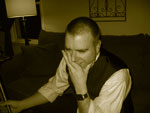

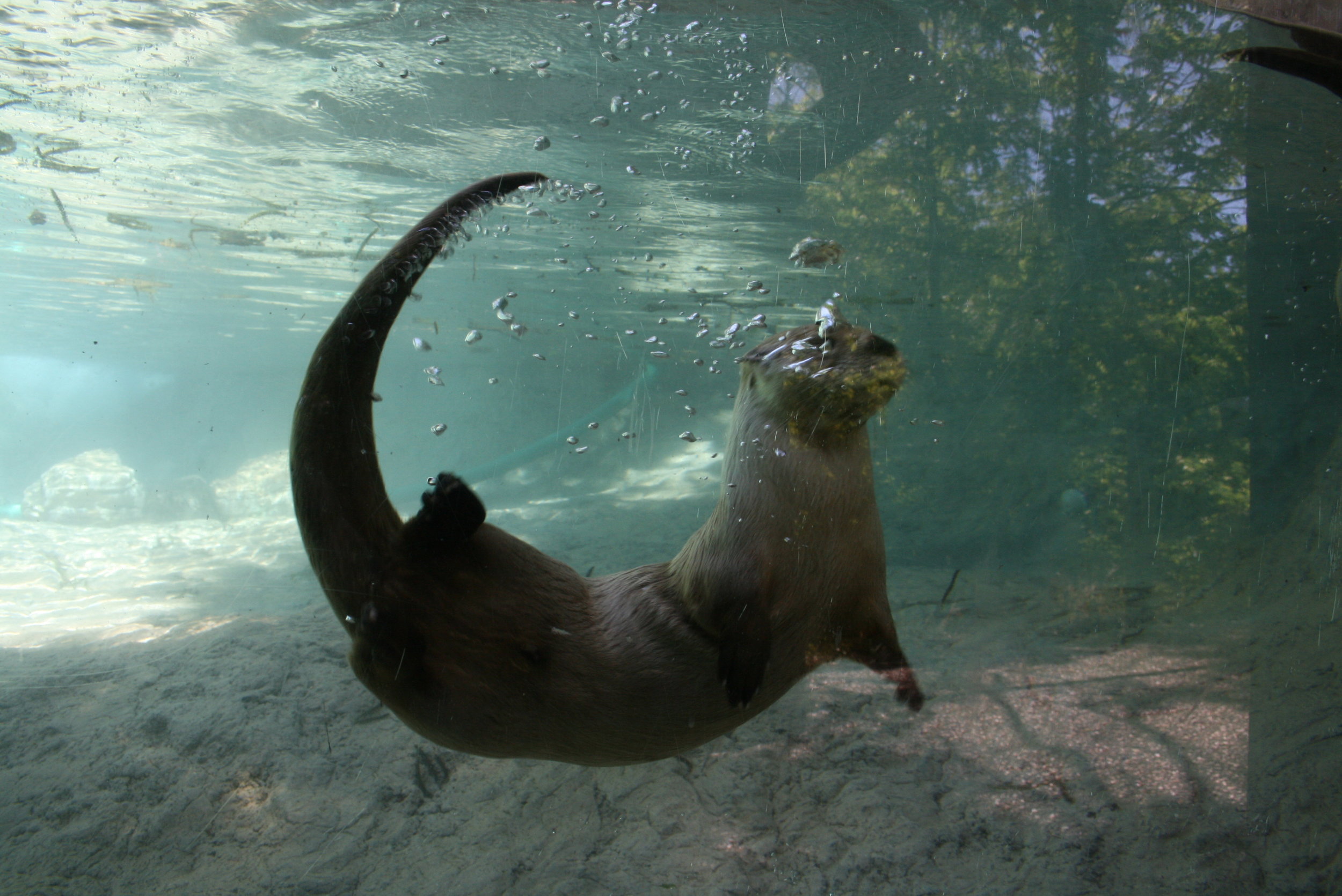



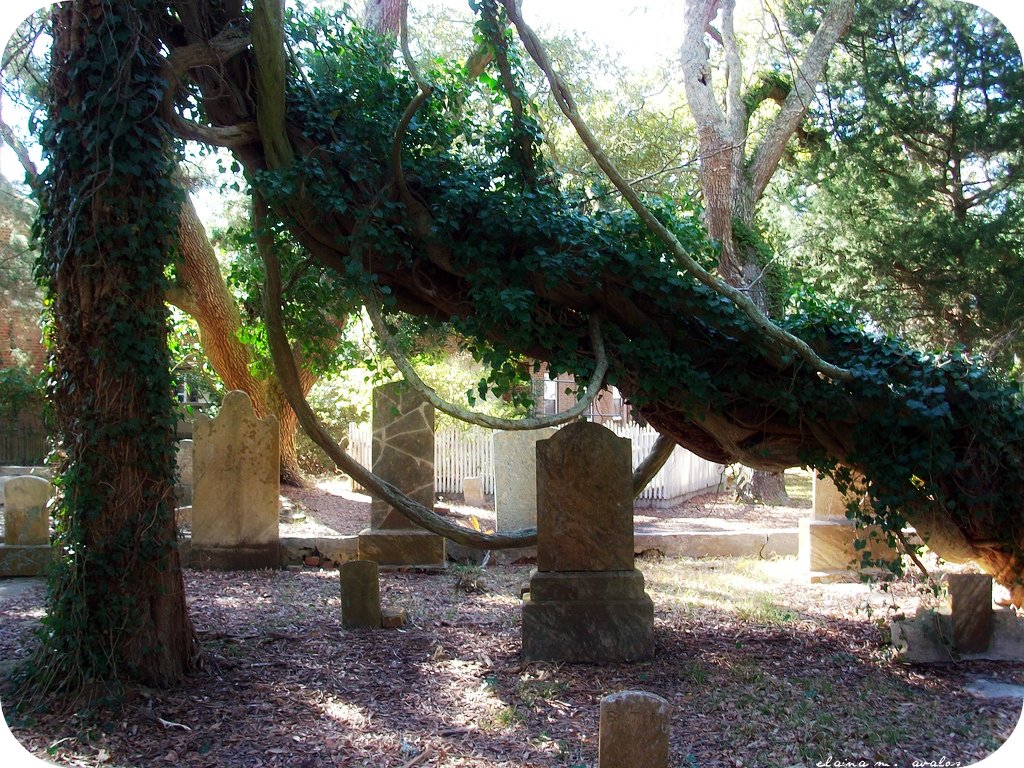




 Photo courtesy of
Photo courtesy of 
